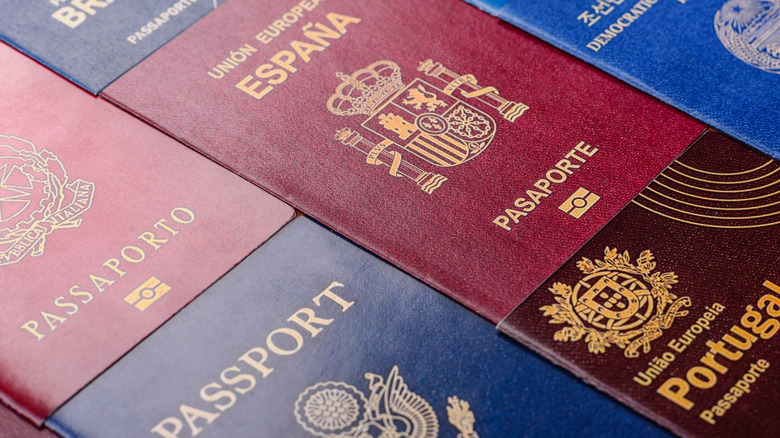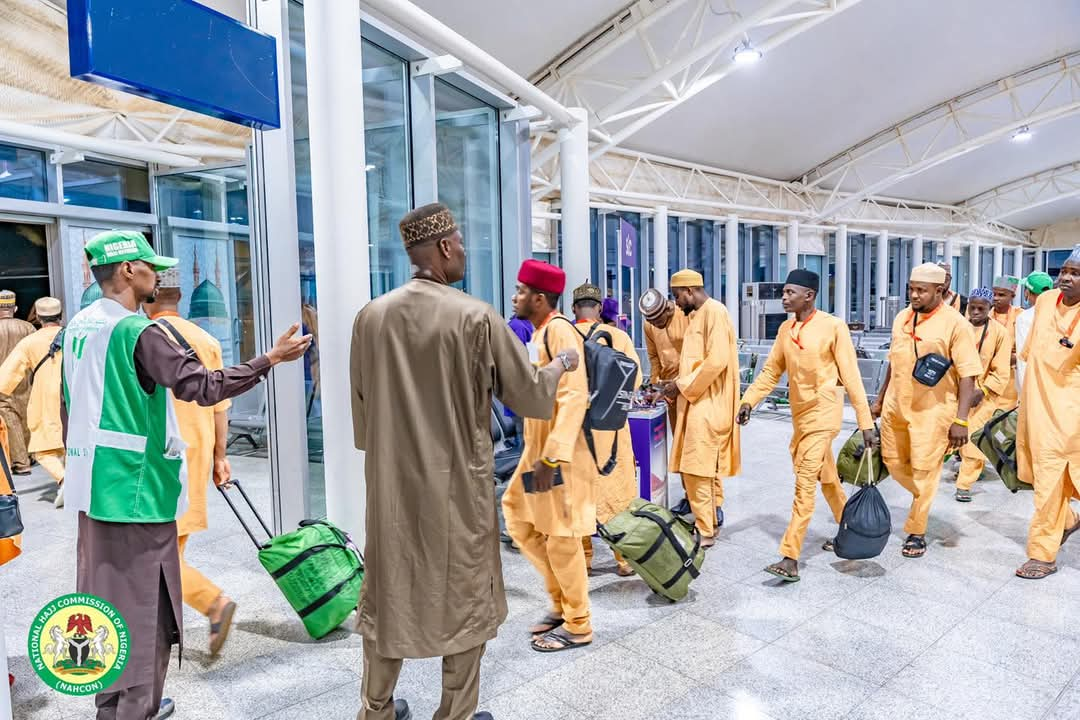Citizens from Burundi, Cuba, Laos, Sierra Leone, Togo, Turkmenistan, and Venezuela will face severe restrictions on travel to the U.S. and will no longer be able to apply for immigrant visas or non-immigrant temporary visas, including student visas and certain tourism visas. Travelers to the U.S. are not affected as long as they hold a passport from an unrestricted country. Additionally, U.S. citizens aren't barred from visiting the restricted countries, though many are on the United States' "do not travel" list.
According to the official statement, restrictions are vital to "protect the United States from foreign terrorists," and it cites U.S. government investigation into "inadequacies" in the vetting and screening other countries do regarding their citizens. This data reportedly comes from an annual Homeland Security report of visa overstays in the U.S., including tourists and students. The U.S. claims these countries refuse to take back citizens who overstay their visas and has stated that "Some of the countries with inadequacies face significant challenges to reform efforts," urging the U.S. to "be vigilant" during visa issuance. The ban has been controversial in part because of a recent terrorist attack in Colorado, in which the perpetrator was from Egypt; however, Egypt is not on the travel ban list.











